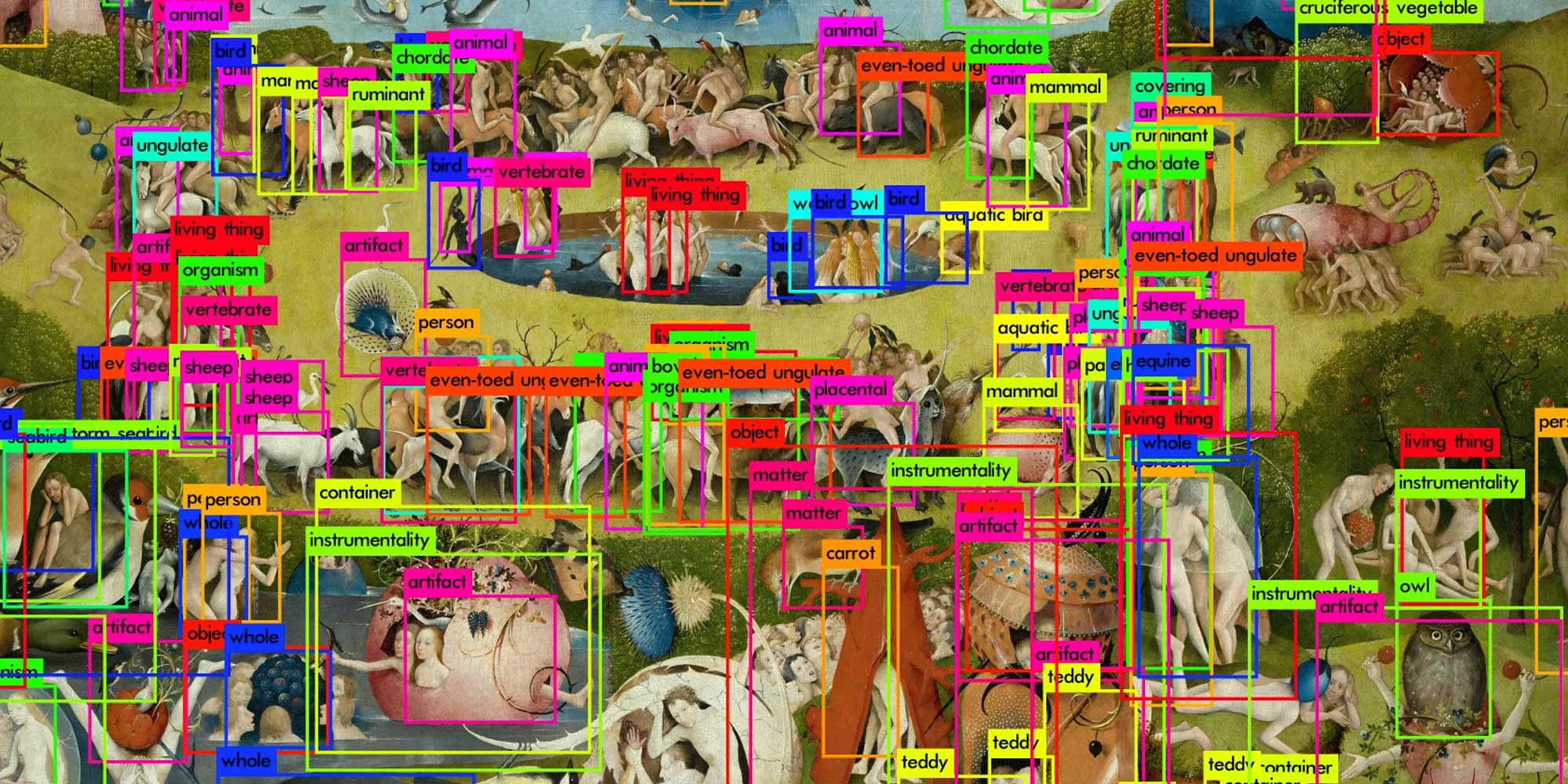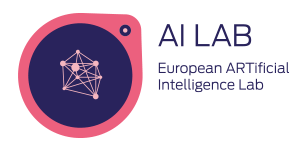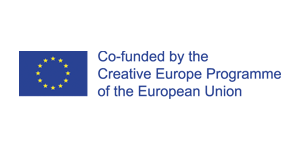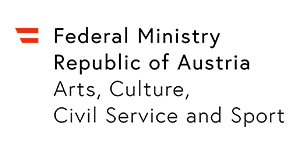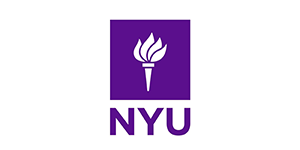Ars Electronica is organizing a Hackathon on the topic of A.I.ECOSYSTEMS_: a series of Hands-on workshops, inspiration talks on the topic of A.I.
It will bring developers, technologists, engineers, students, artists, and scientists together in teams of five participants to cram and build solutions around future scenarios that will be presented at the Festival. Hence, as part of the European ARTificial Intelligence Lab and co-funded by the Creative Europe Programme of the European Commission the Hackathon provides an environment for innovation, networking and entrepreneurship. By putting creative minds from multiple disciplines together for a short period of time, we have the opportunity to discover and uncover new possibilities for using A.I.
Objectives
- Engaging hackers with artistic and scientific institutions across the world
- International expert to share their knowledge
- Developing prototypes
- Promote partnerships through networking
- Produce innovative products and tools to stimulate the use of open data and public resources to engage with new audiences
Six Challenges = Six Teams = Six Research Groups
You can register for the Hackathon, for one of the six Research Groups, here on the Ars Electronica Website. Please be aware that there are limited slots.
There will be six teams and each team will be composed of up to 5 members. The Hackathon willl happen prior to the festival in the week of 30.08-03.09.2021, the teams will work individually on the creation of their prototype. On the last day, each team will have 5 minutes to present their outcome. The final submission will be streamed at our online Festival.
The Groups
Group 1: A Carbon Aware Internet
Topics: Sustainable Internet Ecologies, A.I., alternative futures
Challenge: Using Light-Weight Programmation For an ecological Internet
scenario 1: Alternatives Computers
scenario 2: Sustainable Web-Design
Group 2: Earth-Restauration through Digital Economies
Topics: A.I., Cryptocurrencies, Ecology and alternative futures
Challenge: Creating a clean Cryptocurrency with ML
scenario 1: blockchain technology to manage sustainable supply chains
scenario 2: environment and energy in the digital economy
Group 3: OUT!!!!!! Rethinking a post pandemic public space in times of AI
Topics: new definitions, relationships, A.I. technology implementation, nature and human manifestations, security
Challenge: Mapping with Computer Vision and Machine Learning
scenario 1: Rethinking the public space after the pandemic
scenario 2: MANIFESTO! Demonstrations in the time of A.I.(online or/and public space)
Group 4: PRIVATE/PUBLIC Paradoxes of the Digital Ecosystem
Topics: Users Protection, Internet Policy, Virtual Harassment, Hackers, Open-sources, Technology
Challenge: Training a Fake-News Decoder
scenario 1: Influence Operations and Desinformation on Social Media
scenario 2: My Image is everywhere
Group 5: Radical visions about human-animals cohabitation
Topics: ecosystems, anthroposphere, animals, technology, A.I and Humans
Challenge: Artificial Intelligence for Animal Rights
scenario 1: Domestic Animals: Animal Rights
scenario 2: The Ocean Fauna: Cleaning the Oceans
Group 6: Beyond Human Future Bodies
Topics: Queer, Robots, Human Race and Algotithms: New relationships of our body and technology.
Challenge: Training Aktivist Robots for Human Rights
scenario 1: Biohacking cheap versions therapies using A.I
scenario 2: The end of nature – Becoming a Cyborg
Who can participate?
This event is open to data scientists, computer programmers, graphic, artists and interface designers, project managers and any other professionals. The participants have to be sure to have a good internet connection. Ars Electronica will assure the streaming of the different workshops with Swapcard. Each Team has to organize themselves according to their timezone suitable for hacking specially if they are international. The Final Results will be displayed at our online festival.
Why take part in the Hacktahon
- Chance to learn new tools for your projects and research done by leading scientist in artificial intelligence
- Chance to connect with future partners, institutions and companies worldwide
- Solving challenges and being part of actual discussions and coming up with ideas.
- Have visibility and exposure of your work through our Festival with the presentation of the Hackathon Group Outcome
- Receive free access to our online festival
Schedule
| MON Aug. 30, 2021 | 4 PM – 7 PM CEST Estimated | duration: 30min | Group Meetings (exact time slot to be communicated to each group) |
| TUE Aug. 31, 2021 | 5 PM – 7 PM CEST Estimated | duration: 120min | Hands-on Workshop: Avner Peled (IL/FI) – “Drawing” the inner world of GAN in real-time |
| WED Sept. 1, 2021 | 5 PM – 7 PM CEST Estimated | duration: 120min | Hands-on Workshop: Interspecifics (INT) – Exploration strategies for n-space |
| THU Sept. 2, 2021 | 5 PM – 7 PM CEST Estimated | duration: 120min | Hands-on Workshop: Gretchen Andrew (US) – Hacking the Search Engine |
| FRI Sept. 3, 2021 | 5 PM – 7 PM CEST Estimated | duration: 120min | Hands-on Workshop: Alex Nathanson (US) – Environmentally Responsive Systems |
| MON Sept. 6, 2021 | 4 PM – 7 PM CEST Estimated | duration: 180min | Group Final Presentations + Virtual Drinks |
Groups needs to organize themselves as it is an international Hackathon with participants in different timezones. Additionally one hour before each Hands-on we have a mentoring program with either Avner Peler or/and Mauricio Suárez.
Register now
You can register for the Hackathon here, for one of the six Research Groups
REGISTER FOR HACKATHON NOW!
Or send an email with in Subject “HACKATHON REGISTRATION” to Mauricio.Suarez.Ramos@ars.electronica.art with a short motivation intention with your background, why you want to take part, your location and your top 3 groups. Registration deadline until Sunday August 29th CEST. You will receive a notification per email if you are selected to the Hackathon.
